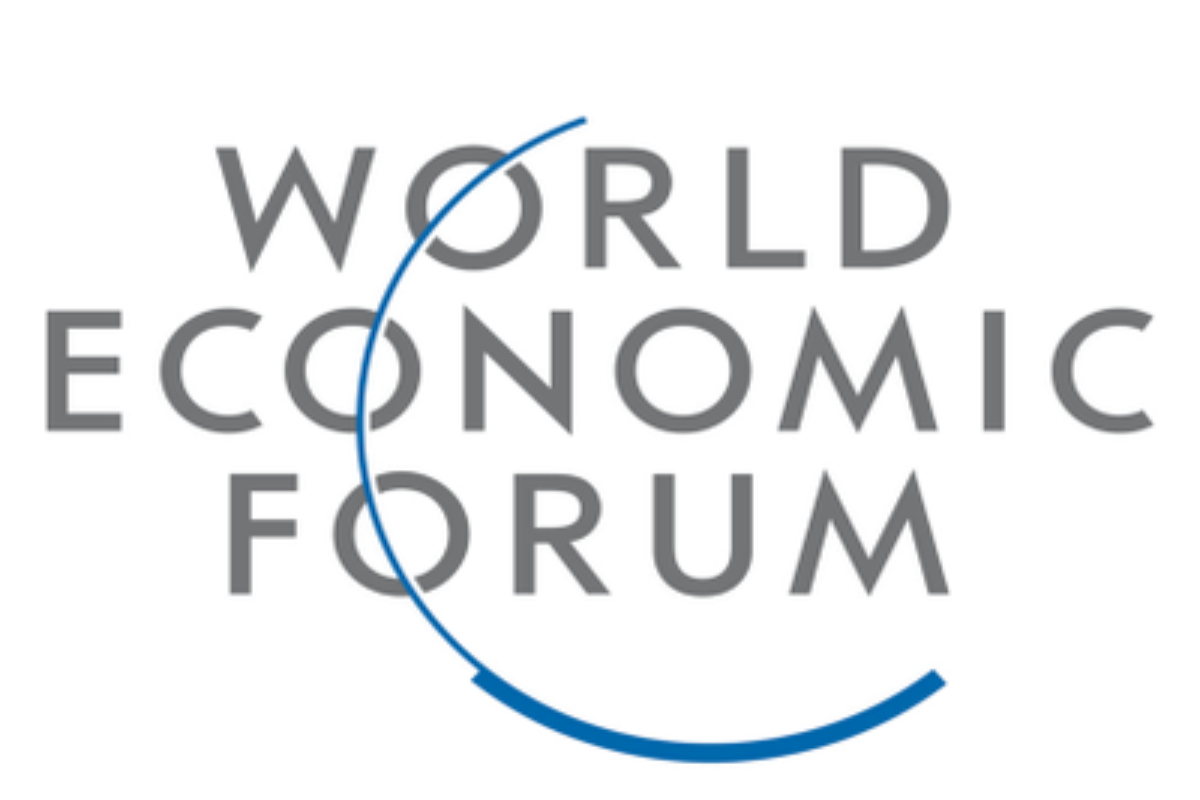WEF meet kicks off in Davos with focus on economic downturn, rising inflation
The 2024 event is not without its star attractions and as in years past -- often famous people who are not listed ahead of time also show up.
In the glitzy realm of Davos, where the world’s economic and political titans converge annually, the grand narrative of “rebuilding trust” echoes against the backdrop of a splintering global landscape.

[Photo: Twitter/@wef]
In the glitzy realm of Davos, where the world’s economic and political titans converge annually, the grand narrative of “rebuilding trust” echoes against the backdrop of a splintering global landscape. Beyond Optimism, Rebuilding Trust Requires Action ~ the World Economic Forum (WEF) boldly touts this theme, aiming to bridge the chasm of trust deficits from Ukraine’s war-torn fields to the suspicion-laden corridors of corporate boardrooms navigating the disruptive waves of artificial intelligence.
Yet, as the Alpine snows settle and the last echoes of Davos conversations fade, one cannot help but wonder. Can Davos make a tangible difference in the complex tapestry of trust that spans social, private, and public sectors? The chairman of a prominent global consulting group aptly notes that it is unrealistic to expect a single meeting, even one as prestigious as Davos, to magically restore trust across its multifaceted dimensions.
Trust, like a delicate mosaic, requires a gradual assembly of thousands of conversations and interactions. Davos serves as a starting point, a nexus where diverse perspectives converge, but it is crucial to acknowledge that the road to rebuilding trust is a marathon, not a sprint. The overarching theme, encapsulated in the bold “Rebuilding Trust” wall adorned with phrases like “Growth and Jobs,” “Climate Nature Energy,” and “Cooperation and Security,” might strike some as mere buzzwords ~ empty rhetoric of optimism detached from ground realities.
Advertisement
Critics argue that Davos is a preserve of business elites and politicians, an annual gathering that fosters an optimistic mindset designed to maintain the status quo and preserve privilege rather than drive meaningful change. Agnès Callamard, Secretary-General of Amnesty International, aptly highlights the paradox of optimistic mindsets geared towards self-preservation rather than societal transformation.
The commitment to optimism, when wielded as a shield to protect privilege, is, in her words, “craziness” that contributes to the battering of our world. As Davos concludes, the consensus among attendees seems to be that the global economic picture holds some brightness. Peaks in interest rates and inflation in affluent markets suggest a degree of stability. However, the shadows cast by intractable wars and looming elections in pivotal regions, including the US, India, the European Union, and South Africa, cloud the crystal ball of global prediction.
In essence, the Davos dilemma lies in transcending the veneer of optimism and addressing the harsh realities that persist beneath the surface. While the event provides a platform for high-level discourse, it must evolve beyond symbolic gestures and commit to actionable initiatives that address the root causes of distrust. Rebuilding trust demands systemic change, not just incremental steps.
The World Economic Forum stands at a crossroads ~ a juncture where the call for rebuilding trust must transform from rhetoric into concrete actions. The success of Davos, and any similar global forum, hinges on its ability to catalyse meaningful change that transcends the boundaries of privilege and ushers in an era where optimism aligns with genuine progress for the benefit of all
Advertisement